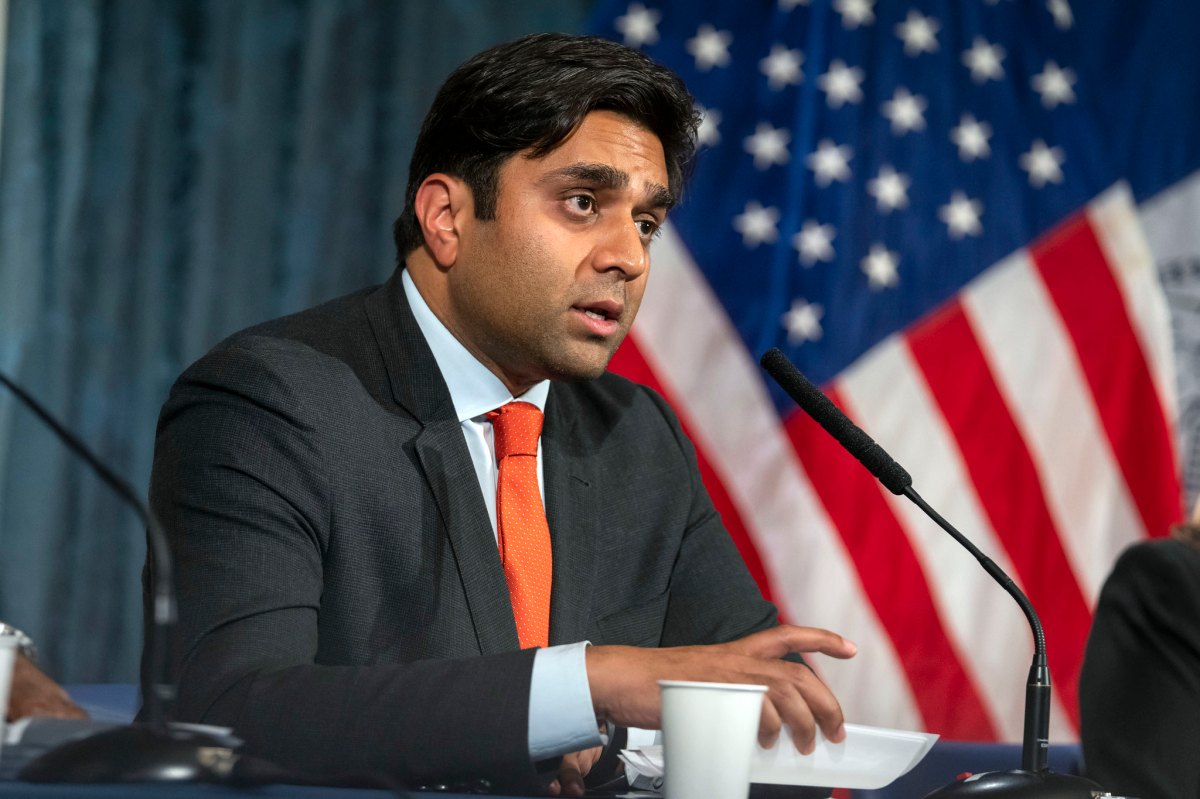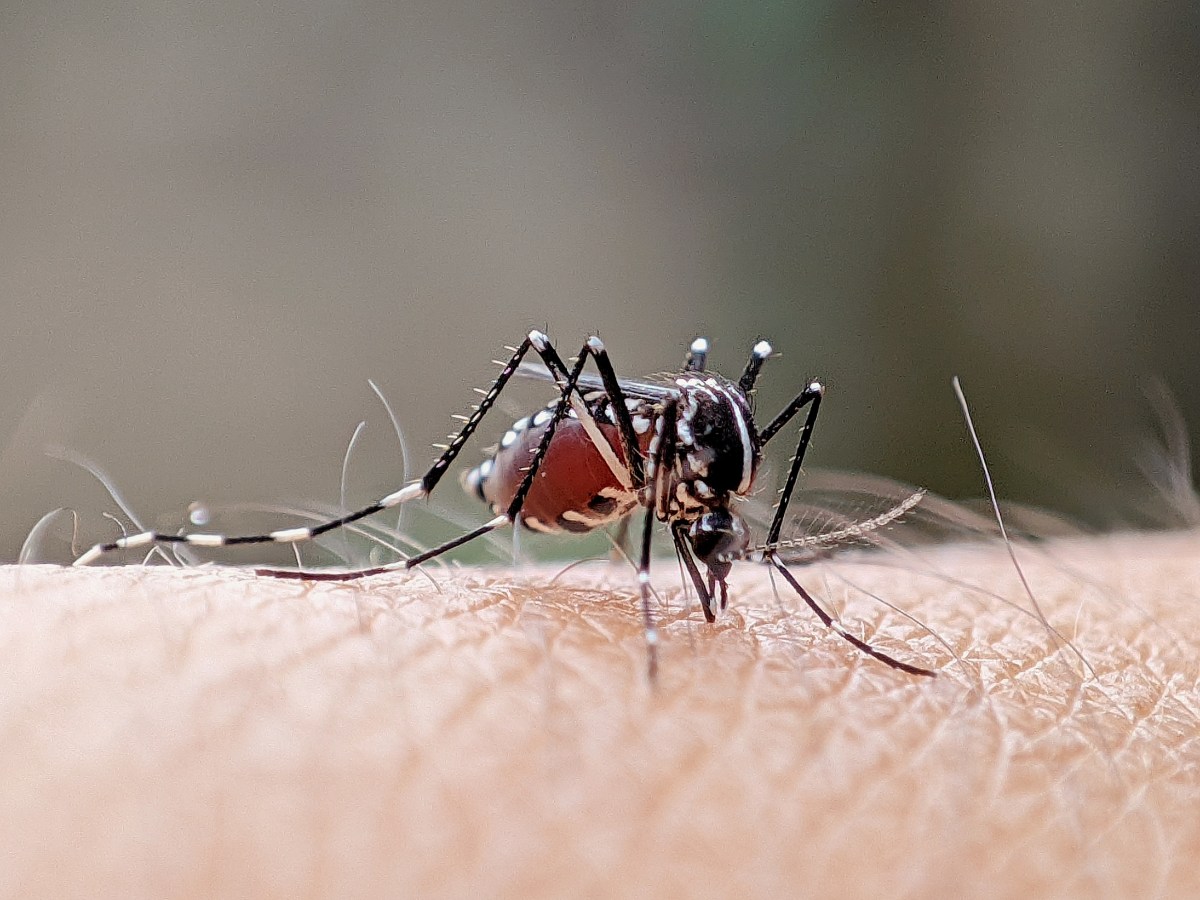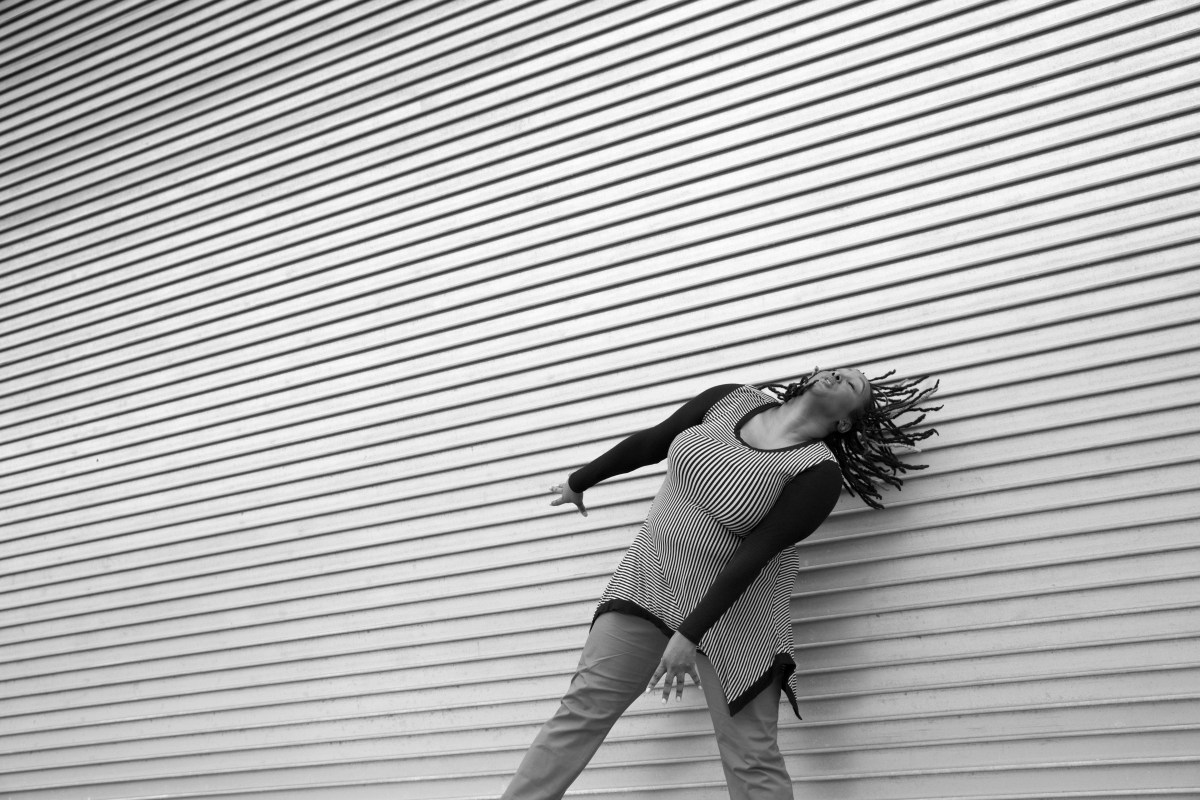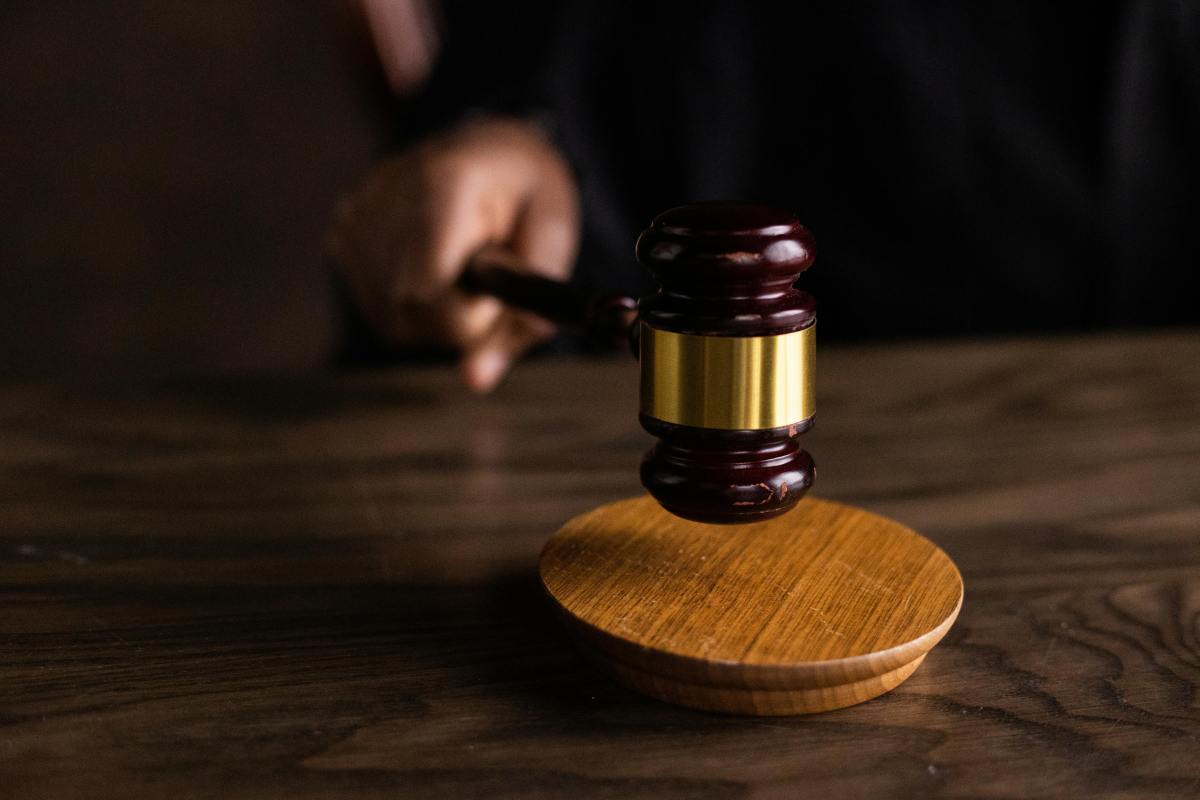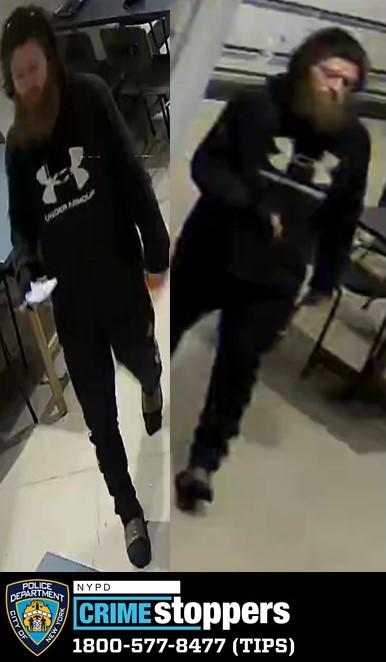By Tina Shah
Like on every Wednesday evening for the past 20 years, Yen Ngai drove four miles from his Midtown office to the police station in Chinatown. Dressed in slacks and a polo shirt, he carried a red duffle bag on his left shoulder and walked toward a rusted green locker in the basement.
Ten minutes later, Ngai, 48, emerged wearing a navy blue uniform and two black belts with holders for a radio, a whistle and a wooden baton. On his chest: a silver badge in the shape of a seven-pointed star reads, “Auxiliary Police: City of New York.”
It is 8:05 p.m. and Ngai is ready to hit the streets of Chinatown.
Ngai, a supervisor for security officers in Midtown, is one of the 4,316 auxiliary officers in New York City who volunteer to patrol the streets after work, on weekends and for special events. No matter what their day job is — doctor, banker, fashion designer or postman — auxiliary officers have a common goal when on duty: to detect crime and report it to police officers.
But in some precincts in New York City, there is more work to do.
In the Fifth Precinct, which covers most of Chinatown and is home to the largest auxiliary department, the 132 auxiliary officers often bear the roles of translators and cultural liaisons. Even though auxiliary officers have 15 weeks of self-defense and law training, they cannot write police reports or make arrests. For their efforts, they receive $250 every year, which amounts to about $2 per hour, after serving a minimum of 126 hours. They are a much-needed link between the Chinatown residents and police officers, said Detective David Yat, who oversees the auxiliary department.
“The auxiliary officers reach out to the community better,” Yat, 46, said. “The community then opens up to police officers more.”
With more and more Asian auxiliary officers being pumped into the streets of Chinatown, the residents have become comfortable asking questions and raising concerns. The residents trust the auxiliary officers, see them as part of the larger police force and therefore, cooperate with police officers more, Yat explained.
In the last month, crime dropped 7.5 percent from this time last year and it dropped 73 percent in the last 13 years, said Angel Morales, crime prevention specialist at the precinct. While Morales said there is no direct proof that links this drop in crime to the work the auxiliary officers do on the street, one thing is for sure: auxiliary officers serve an average of 275 hours a year translating and being the “eyes and ears” that help police officers identify unlawful activity.
“Every little bit helps,” said Deputy Inspector Michael Lau, a former auxiliary officer and the precinct’s commander. “They are in regular uniforms, without the extra training and firearms, and are just as likely to deter crime as us.”
Lau said that of the 145 police officers in the Fifth Precinct, 47 are of Asian descent. But, Yat said not all of 47 officers know Mandarin, Cantonese or Fukianese, the most commonly spoken Chinese dialects in Chinatown. That means that about 10 times per month auxiliary officers are called in for translation; Ngai said that he is sometimes called into nearby precincts during his shift to translate in Mandarin and Cantonese.
Eddie Y. Mo, the first vice chairperson of the Chinese-American Planning Council in Chinatown, said he was an auxiliary officer in Hong Kong at age 18; he pulled out from his wallet a photograph of himself in a gray police uniform and black hat. Mo recalls an incident where he helped deter a possible shooting because of his auxiliary training in Hong Kong. About eight years ago, Mo and some other auxiliary police officers were patrolling the streets as usual on a Wednesday night. They received a call that a fight broke out among young men under a bridge on East Broadway. Mo said that he found out from a security guard nearby that one of men had a gun. They quickly went over to the scene. Mo approached the young men and successfully handcuffed the man with the gun. He then handed over the case to the police officers on duty.
Mo, a Queens resident who oversees 20 offices, said that no matter what job he has he will serve this precinct, because he has befriended hundreds of Chinatown residents in his years of social work.
On a recent Wednesday night, Foo Shan Li and Mo patrolled Mott St. As local restaurant owners came out to shake their hands, a driver pulled over to say hello and tourists asked where they could grab a bite to eat. A woman’s grocery bags slipped from her hand as she walked home on Bayard St.; Li and Mo helped her collect her scattered groceries.
Li, who lives in Bayside, Queens, is the vice president of sales at Everlasting Distributors Inc., which sells products such as dried, canned and frozen foods to supermarkets and wholesale stores. He said most of his clients are from Chinatown.
He applies the skill of dealing with different kinds of people during the day to understanding people’s needs as he patrols at night. Li, 53, said he knows his limitations as an auxiliary officer so he does not “try to be a hero.”
“We know the ordinary people’s thinking and on the other hand know the thinking of the police officers,” said Li. “We could be helpful for both sides.”










